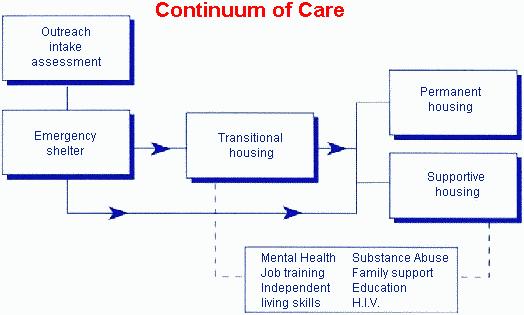 Working in with troubled people can be overwhelming at times. We are surrounded daily by people in need and often struggle with limited time and resources to help them. So, learning the art of “self-care” is essential. The key to this is developing healthy attitudes toward our ministries and ourselves. Here are a few tips that can help you to avoid “burn-out” and find more joy and fulfillment in the work of the Lord:
Working in with troubled people can be overwhelming at times. We are surrounded daily by people in need and often struggle with limited time and resources to help them. So, learning the art of “self-care” is essential. The key to this is developing healthy attitudes toward our ministries and ourselves. Here are a few tips that can help you to avoid “burn-out” and find more joy and fulfillment in the work of the Lord:
A. Learn to Detach — Whenever we’re focusing our energies on people and problems, we have little, if any time for care and nurturing of self, and meeting our own legitimate needs. We must remember that it is God who does the real work in the lives of hurting people. This helps to take a little of the load of responsibility off our own shoulders.
B. Learn to Practice “Professional Distance” — This does not mean being callous or uncaring toward those whom we help. It does mean keeping good boundaries between ourselves and our clients. It means not becoming so wrapped up in their lives that we carry their struggles home with us at night. Over-involvement can cloud our decision-making process to the point where we end up playing “favorites.” This will jeopardize our relationships with our other clients. We cannot assume responsibility for the decisions our clients make.
C. Be a “Helpful Guide” and not a “Fixer” – We get in trouble whenever we forget that God never gave us the power or the right to change anyone. That is His job! Instead of focusing on changing people, we must learn to simply point the way to the fuller life in Christ. This often means allowing them to face the consequences of their own decisions and behavior. It also means encouraging them to take care of the things they should be doing for themselves. We offer real, lasting help when we empower our clients recognize the resources that are available to them and teach them how to access them.
D. Stay Humble – Nothing gets rescue mission workers in more trouble than a “messiah” or superiority complex. It’s dangerous to think that we have the answers to all of our clients’ problems. We need to remember that God was at work in their lives before they came to the mission. And He will keep working with them, with or without us. Actually, we are truly successful with mission clients when they no longer need us!
E. Faithfulness is More Important than Fruitfulness – We get in trouble fast if we judge our work from a “performance-oriented” perspective. At rescue missions it is not uncommon to go for significant stretches of time without much evidence that we have had an impact on anyone’s life. It’s just one reality of working with troubled people. So, it is vital that we set realistic goals for them (and for ourselves) that are attainable in the context of the scope of the ministry’s programs and our available resources. This will help us to avoid feeling as though we are failing and keep us from becoming caught up in shame-induced and guilt-driven efforts. These come from within ourselves and are not from the Holy Spirit.
F. Be a “Team Player” — Learn to cultivate healthy relationships with your co-workers. Sharing our burdens with other staff members can help us to keep our responsibilities and ourselves in the proper perspective. Another important aspect of inter-staff communication is clarifying our roles in regard to the various duties at the mission. Having good, clear boundaries makes for better relationships and keeps people from intruding on others’ areas of responsibility and helps to keep co-workers from feeling that they are being overloaded.
G. To Thine Own Self Be True – Stay in touch with your own feelings, attitudes and motives. Feelings are an important gauge of both our mental and spiritual well being. Excessive fatigue, anger, worry, etc. are usually tip-offs to the fact that we are living lives that are out-of-balance. This is the time to take a personal inventory and adjust your schedule, your attitudes, or whatever else is necessary to have the quality of life God wants for you. It is possible to meet our own needs without becoming indifferent, cruel, thoughtless, and self-centered. Give some priority to your own well being and desires for work, and play.
H. Invest in Yourself – Besides making time for fun, family, church, and friends, try to set some goals related to your own professional development. Taking in seminars, conventions, college courses, etc. is always a good way to gain a renewed perspective on our everyday responsibilities. Another helpful thing to consider is taking some career interest/aptitude tests like those offered by Career Pathways. Job mismatch, where one’s gifts and interests do not fit well with his/her work responsibilities can be a major source of workplace stress.
RESCUE Magazine June 1998


 How can we properly use ideas, principles, and techniques from the secular treatment in Christian recovery programs?
How can we properly use ideas, principles, and techniques from the secular treatment in Christian recovery programs?

